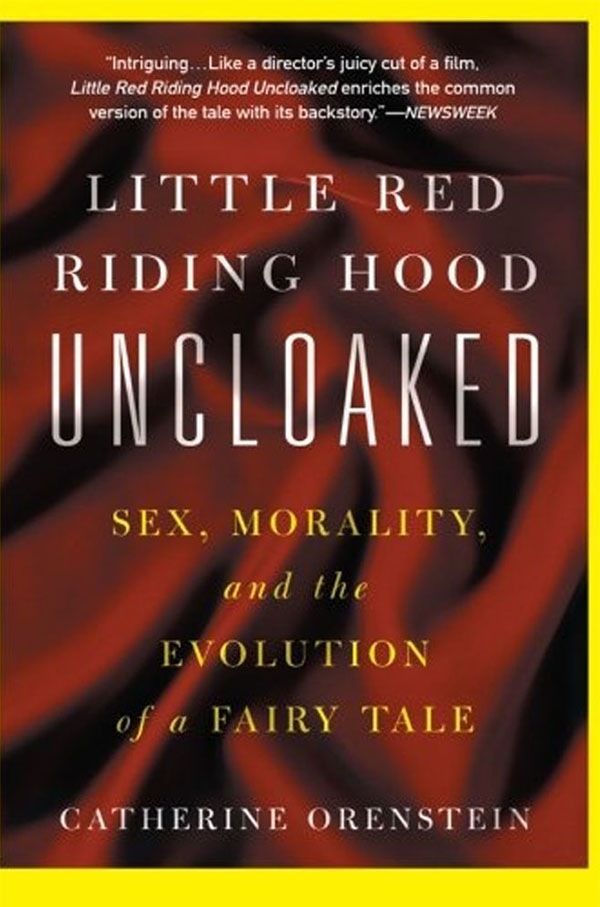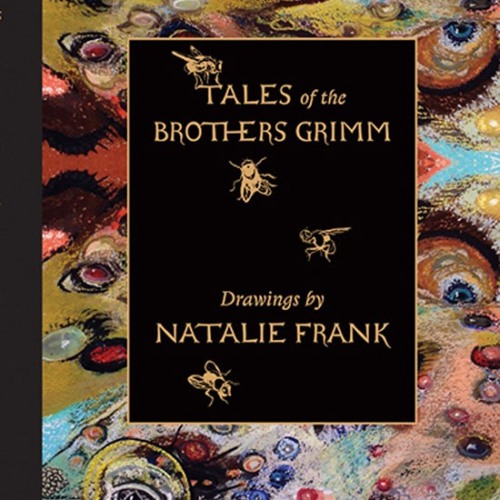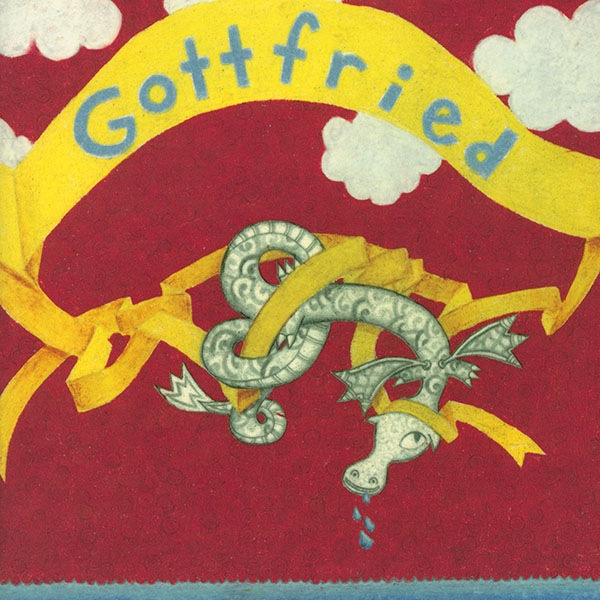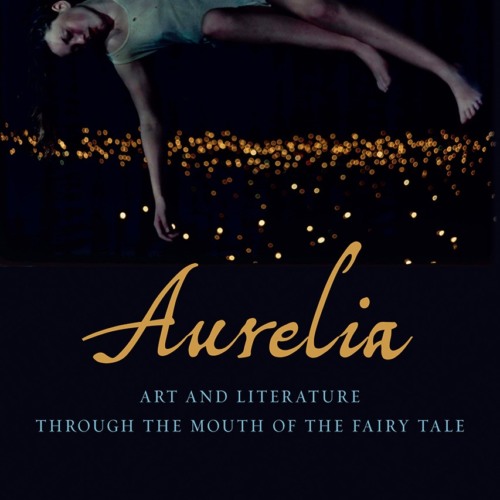“In Little Red Riding Hood Uncloaked Catherine Orenstein reveals for the first time the intricate sexual politics, moral ambiguities, and philosophical underpinnings of Red Riding Hood's epic journey to her grandmother's house–and how, from the nursery on, fairy tales influence our view of the world. Beginning with its first publication as a cautionary tale on the perils of seduction, written in reaction to the licentiousness of the court of Louis XIV, Orenstein traces the many lives the tale has lived since then, from its appearance in modern advertisements for cosmetics and automobiles, the inspiration it brought to poets such as Anne Sexton, and its starring role in pornographic films. In Little Red Riding Hood Uncloaked, Red appears as seductress, hapless victim, riot grrrrl, femme fatale, and even she-wolf, as Orenstein shows how through centuries of different guises, the story has served as a barometer of social and sexual mores pertaining to women. Full of fascinating history, generous wit, and intelligent analysis, Little Red Riding Hood Uncloaked proves that the story of one young girl's trip through the woods continues to be one of our most compelling modern myths.” –Amazon.com
Check your local bookshop for this title, purchase this book from Amazon.com at the link below, or used from Abebooks here. A portion of your purchase, including any other items added to your Amazon shopping cart, will benefit the Mirror Mirrored project.




